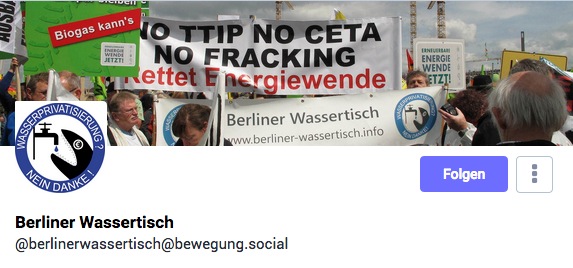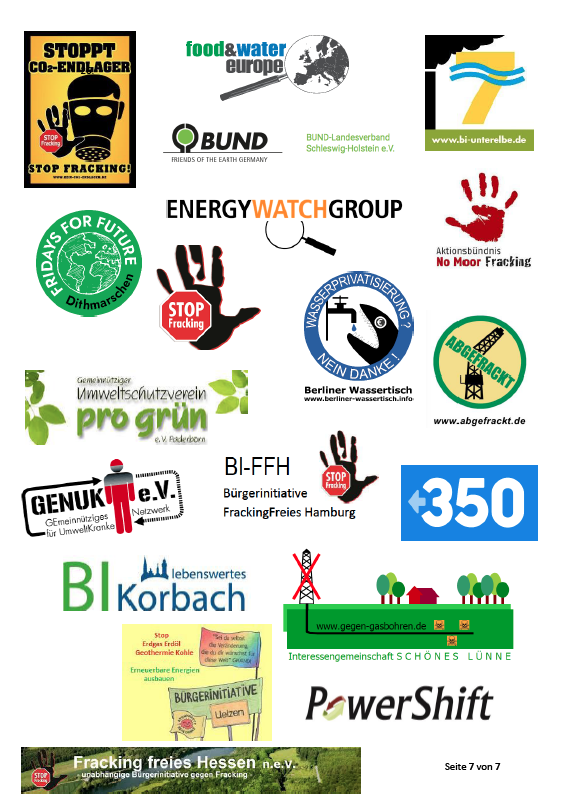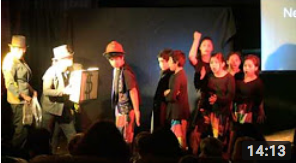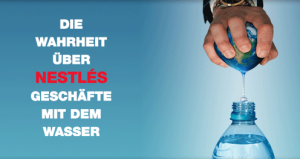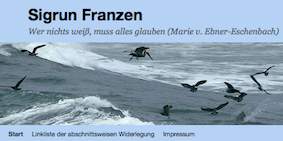Privatsphäre stärkt, Überwachung schwächt! #StopScanningMe

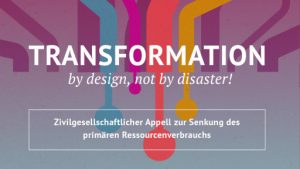
Suche

Schiefergas-Fracking in Deutschland?
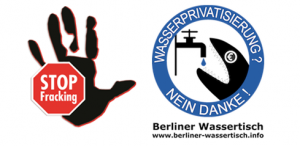
#StopEUMercosur Erklärung
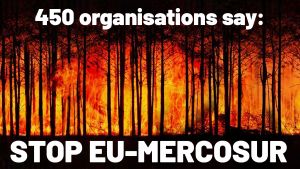
Aktion Greenpeace: #StopEUMercosur
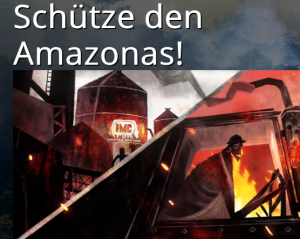
#SaveTheOkavangoDelta
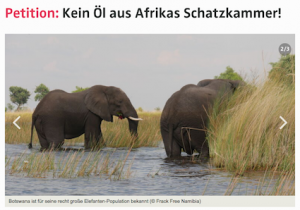
Erfolgreich! Über 1 Million Unterschriften „Green Deal“ – Europäische Bürgerinitiative (EBI)
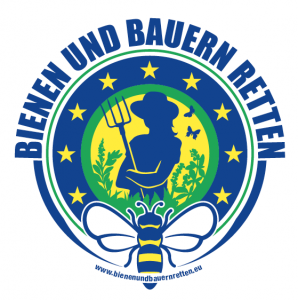
Stop Energiecharta. #NoECT. Wir wollen raus aus dem Anti-Klimaschutz-Vertrag
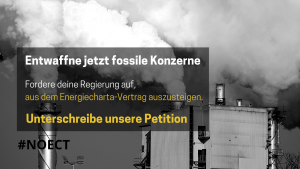
Europäische Bürgerinitiative gegen biometrische Massenüberwachung (17.2.2021-17.2.2022)
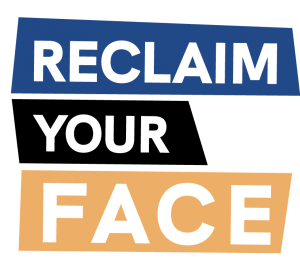
Lebensgefährliche Entwicklung: Gewinnorientierung im Krankenhaus
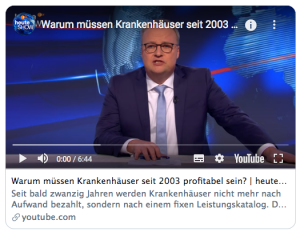
- Wassertisch-Plenum,
im NewYorck / Bethanien Mariannenplatz 2A
10997 Berlin Openstreetmap fällt coronabedingt aus Überblick (Messstellen: Oberflächengewässer und Grundwasser)

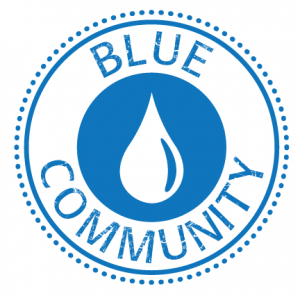
-
Letzte Beiträge
- AöW zum Weltwassertag 2023: Interkommunale Zusammenarbeit noch stärker ermöglichen
- Greenpeace: Fracking – eine unterirdisch schlechte Idee
- Bürgerinitiative gegen CO2-Endlager: Offener Brief an den Bundesminister für Wirtschaft und Klimaschutz Dr. Robert Habeck
- BUND gegen CCS-Endlager
- Jürgen Knirsch: CETA-Handelsabkommen: Eine trügerische Wette auf die Zukunft (Leserbrief an die SZ vom 8.12.2022)
- Neuere Materialien und Dokumente zur CETA-Debatte
- TAZ: Hamburger Abgeordneter über Olympia-Gedankenspiele: „Es kommt zu Vertreibungen“
- NDR: Bewirbt sich Hamburg noch einmal um Olympische Spiele?
- NGO-Bündnis fordert mit gemeinsamen Appell die Senkung des absoluten Ressourcenverbrauchs
- Allianz der öffentlichen Wasserwirtschaft warnt vor CETA: Mit dem jetzigen CETA-Text wird der Schutz der öffentlichen Wasserwirtschaft vor einer Kommerzialisierung weiter geschwächt
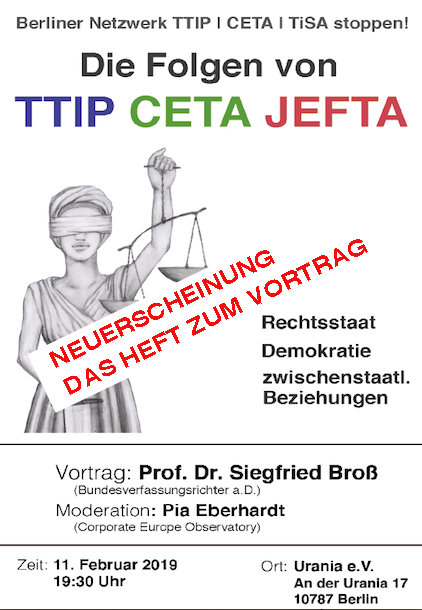
Delius-Klage
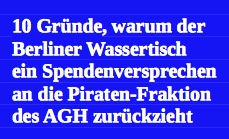
Keine Steuergelder für LNG-Fracking-Gas Terminals in Deutschland!
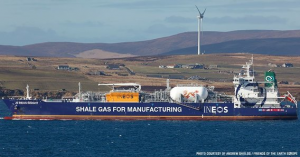
RSS-Feeds
Schlagwort-Archive: Namibia
Öl- und Gasbohren im Okavango-Delta. Hat die kanadische Firma ReconAfrica Investoren getäuscht?
National Geographic
21. Mai 2021
A whistleblower complaint to the U.S. Securities and Exchange Commission cites “egregious” violations by ReconAfrica and executives.
von Laurel Neme und Jeffrey Barbee
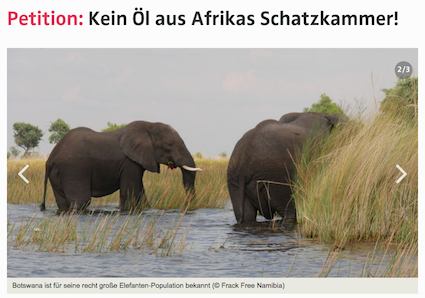
Das kanadische Unternehmen ReconAfrica, das in der Nähe des UNESCO Weltnaturerbe Okavango Delta in Afrika nach Öl und Gas sucht, hat „möglicherweise in betrügerischer Absicht Investoren getäuscht, indem es seine Arbeit an dem Projekt falsch darstellte, so die Aussagen mehrerer Experten und Behauptungen in einer Whistleblower-Beschwerde, die bei der U.S. Securities and Exchange Commission (SEC) eingereicht wurde.“
Zum Beitrag (engl.)
Deutsche Welle: Kanadisches Unternehmen sucht in Namibia nach Erdöl
5.April 2021
von Carl Holm
Das kanadische Unternehmen ReconAfrica sucht in Namibias Okavango-Region nach Öl. Dort vermutet die Firma eines der größten Ölfelder der Welt. Aber die Bewohner fürchten, dass eine großflächige Ölförderung massive Umweltschäden verursachen könnte.
Zum Video Dauer 01:51 Min.
Petition von Fridays For Future Windhoek: #SaveTheOkavangoDelta: Keep the oil industry out of Africa’s natural treasure!
To: H.E. Dr. Hage G. Geingob , President of Namibia
Nature, wildlife and scarce water supplies in a unique corner of southern Africa are being endangered by a rush to drill for oil. A Canadian company is pushing to explore for oil in the Kavango Basin, an environmentally sensitive area. Please support the fight against a fossil fuel project that will drive the climate crisis.
Why is this important?
The Okavango Basin is an endorheic basin that covers an area of over 2.5 million km2 across Namibia, Angola and Botswana. The basin, which includes the Okavango Delta, is one of Africa’s most biodiverse habitats, home to a myriad of birds and megafauna species including the largest African elephant population left on the planet. The delta, a Ramsar and UNESCO World Heritage Site, remains one of the largest intact wetlands. Nearly one million people are dependent on the Okavango basin for their livelihoods.
ReconAfrica’s license is completely within the Kavango Zambezi Transfrontier area and overlaps with six locally managed wildlife reserves and a UNESCO World Heritage Site. African elephants, African wild dogs, lions, leopards, giraffes, birds and rare flora will be deleteriously affected by the project.
Environmentalists point to the Niger Delta in Nigeria, where oil exploitation by Shell and other corporations has caused an ecological and social nightmare. This must not be repeated in Namibia and Botswana.
Namibian and Botswana environmentalists anticipate the following impacts:
🐝 The region’s ecosystem will be destroyed by a Canadian company that will rake in 90% of the profits.
🐝 ReconAfrica’s project will lead us to burn through what little remains of the planet’s dwindling global carbon budget and hampers global efforts to move beyond fossil fuels. The company must not be allowed to destroy such a globally vital conservation area under the guise of economic development.
🐝 Oil and gas extraction is a menace to wildlife. Loud noises, human movement and vehicle traffic from drilling operations can disrupt avian species’ communication, breeding and nesting.
🐝 The infrastructure built for energy development can also have a negative impact: power lines, well pads, fences and roads fragment the habitats of many species.
🐝 The construction of roads, facilities and drilling sites known as well pads requires the use of heavy equipment and can destroy big chunks of pristine wilderness.
🐝 Such damage is often irreversible.
🐝 Transporting the oil rig will destroy local roads. How heavy oil and gas industry equipment has impacted road infrastructure and led to deadly accidents has been amply documented in other countries.
🐝 The region’s tourism industry will be shaken and thousands of people might not only lose their jobs, but their investments as well. Who would want to go on safari in a landscape littered with oil wells?
🐝 The project would deplete and pollute the region’s aquifer. How can one justify giving an overseas company unbridled access to the region’s most precious resource?
🐝 The project will worsen food insecurity in the region, as water is the life source of communities in the Okavango ecosystem.
Zur Petition

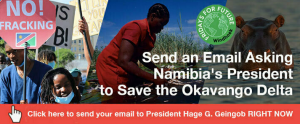
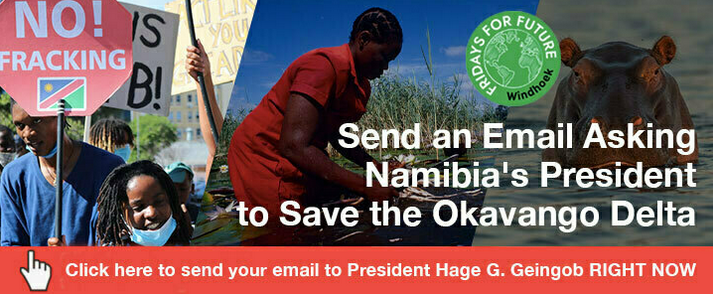
 Pressemitteilungen
Pressemitteilungen